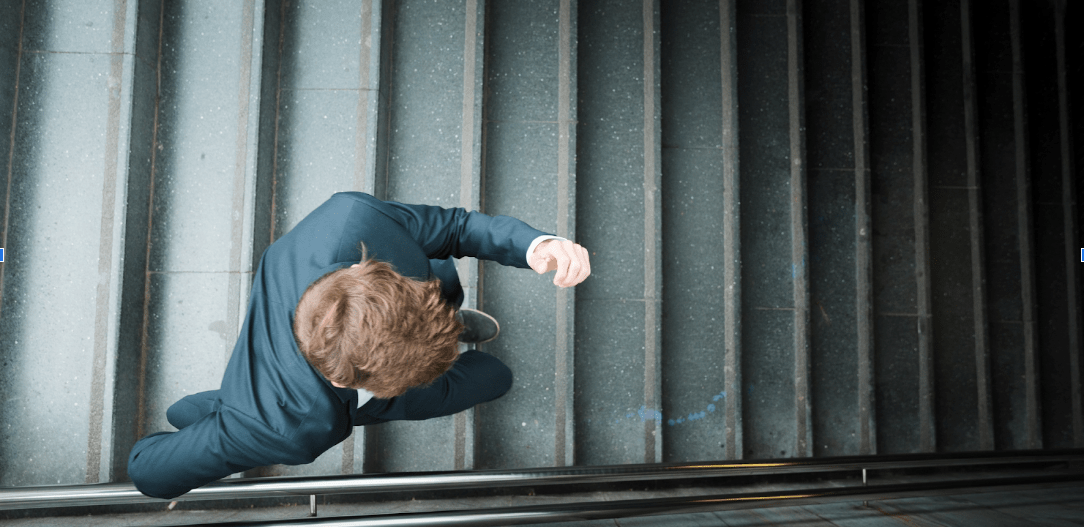
Indianapolis Elevator Accident Injury Lawyer
When property manager fails to perform routine maintenance or repair requests, they can be held accountable for their negligence. If you are in need of an Indianapolis elevator accident lawyer to discuss your injuries, we are ready to help. It is essential to seek legal representation to fill an injury claim with a specialized attorney in Indianapolis.
Christie Farrell Lee & Bell is an award winning law firm helping our clients win multi-millions of dollars in verdicts and settlements over the past 40 years.








